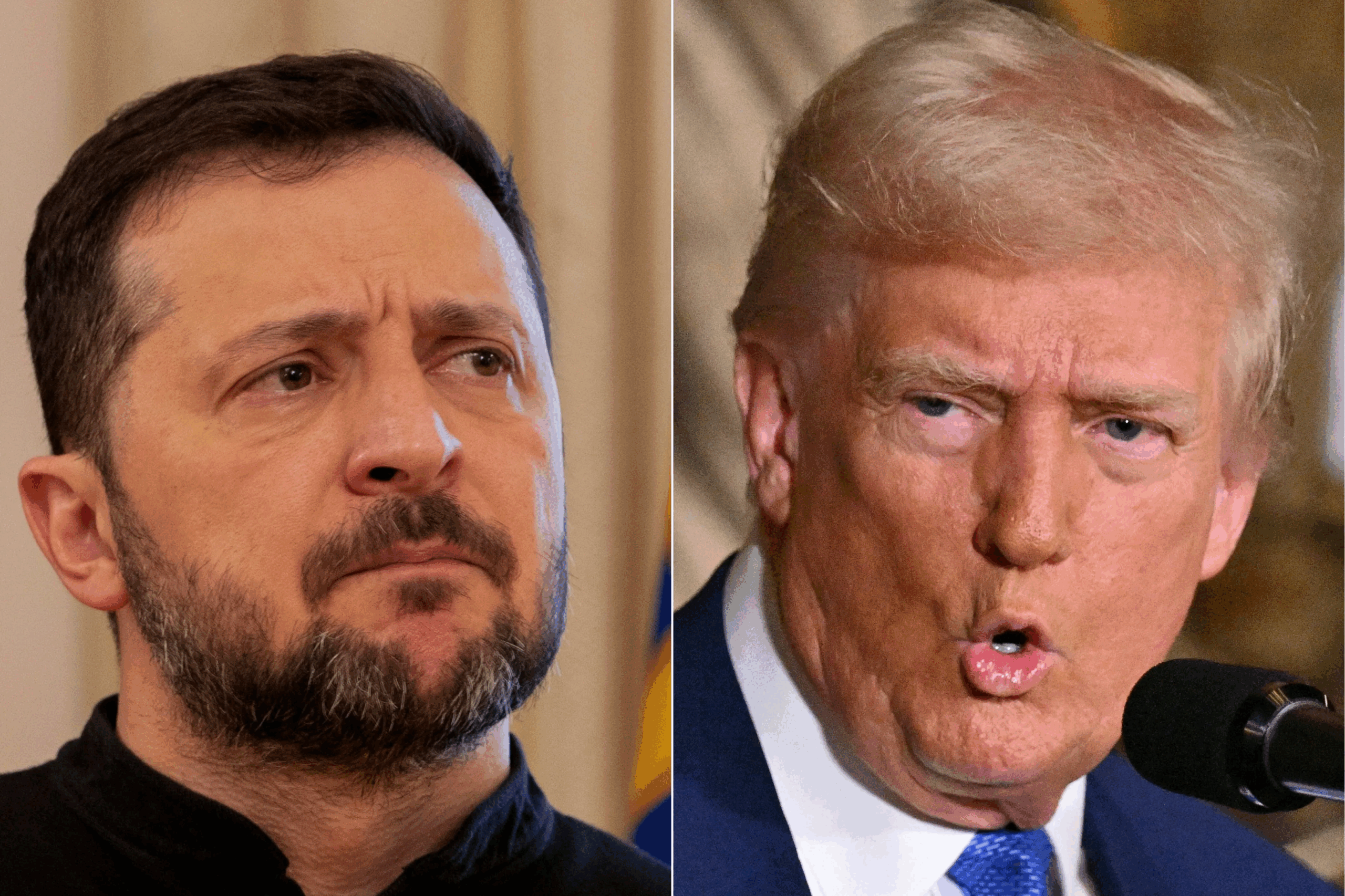
President Donald Trump criticized Ukrainian President Volodymyr Zelenskyy for allegedly impeding peace negotiations to end the war in Ukraine. In a Truth Social post, Trump described Zelenskyy’s refusal to recognize Russia’s annexation of Crimea as “very harmful” to achieving peace, claiming a deal was “very close.”
“It’s inflammatory statements like Zelenskyy’s that make it so difficult to settle this War,” Trump wrote.
Zelenskyy has consistently rejected ceding Crimea, which Russia illegally annexed in 2014. “There’s nothing to discuss here,” he stated at a recent media conference. “This is against our constitution.”
High-level negotiations aimed at pausing hostilities recently collapsed after Secretary of State Marco Rubio and special envoy Steve Witkoff withdrew from planned London talks, diminishing Kyiv’s hopes for a short-term agreement.
Despite this setback, President Trump’s Ukraine envoy, Keith Kellogg, was still scheduled to meet with Ukrainian presidential chief of staff Andriy Yermak, who arrived in London with Ukrainian defense and foreign ministers.
“Despite everything, we continue working for peace,” Yermak posted on X.
Vice President JD Vance expressed optimism about negotiations while reinforcing threats to abandon talks during his India trip. “I think that we put together a very fair proposal,” Vance said. “We’re going to see if the Europeans, the Russians, and the Ukrainians are ultimately able to get this thing over the finish line.”
This development comes as the Trump administration intensifies efforts to push both sides toward a truce. With Trump’s 100-day mark approaching in his second term, the president’s promise to end the war on his first day remains unfulfilled. Rubio previously suggested the U.S. might abandon ceasefire efforts without further progress.
Kremlin spokesperson Dmitry Peskov stated that neither the U.S. nor Russia has established deadlines for reaching a ceasefire agreement.
Dr. Bence Németh from King’s College London called the diplomatic downgrade “significant,” citing Zelenskyy’s rejection of Russian control over Crimea as a key factor. Rubio and Witkoff’s absence “suggests that Washington is increasingly disinterested in drawn-out, multilateral negotiations,” according to Németh. “This is not just about diplomacy fatigue. It also signals a hard pivot: The U.S. is not positioning itself as a neutral mediator.”
State Department spokesperson Tammy Bruce attributed Rubio’s absence to “logistical issues in his schedule” rather than a statement on the talks themselves.
The British Foreign Ministry announced the postponement of the Ukraine peace talks with foreign ministers. Ukrainian officials, including Foreign Minister Andrii Sybiha, instead met with British counterparts.
Ukraine’s Deputy Prime Minister Yulia Svyrydenko emphasized, “Our people will not accept a frozen conflict disguised as peace,” while noting Ukraine’s readiness to negotiate “but not to surrender.”
Expectations for a resolution remained low after the U.S. presented proposals in Paris that both sides found unacceptable. The American “terms sheet” included recognizing Russia’s annexation of Crimea and working toward lifting EU sanctions on Russia—terms rejected by both parties.
After months of optimistic statements but limited practical engagement, Russian President Vladimir Putin recently suggested openness to direct ceasefire talks with Zelenskyy.
Matthew Savill of the Royal United Services Institute think tank noted that conceding Crimea would be “political suicide” for Zelenskyy while acknowledging Ukraine is unlikely to recapture the peninsula or join NATO soon. He suggested a potential compromise might “effectively kick those issues into the long grass,” while cautioning that “the terms of any deal at the moment are not going to be particularly favorable to Ukraine.”





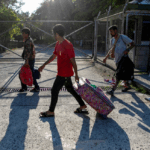

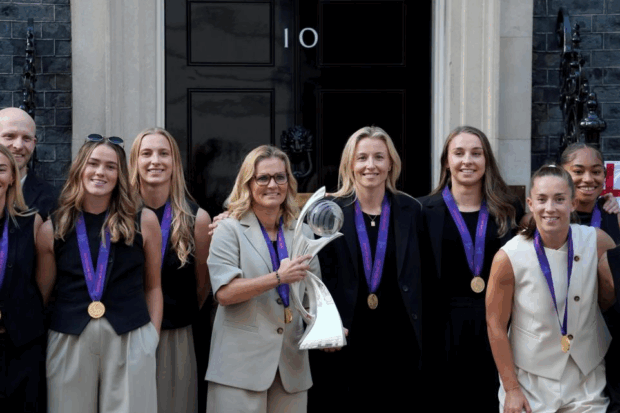


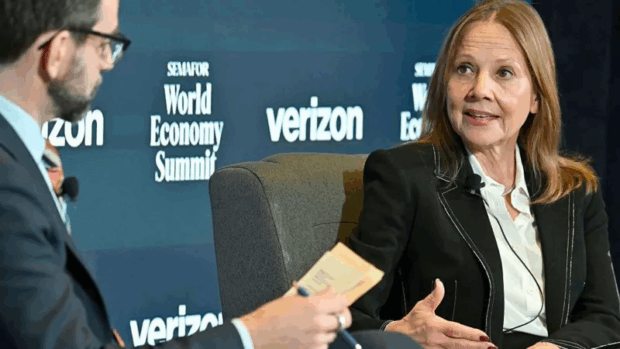
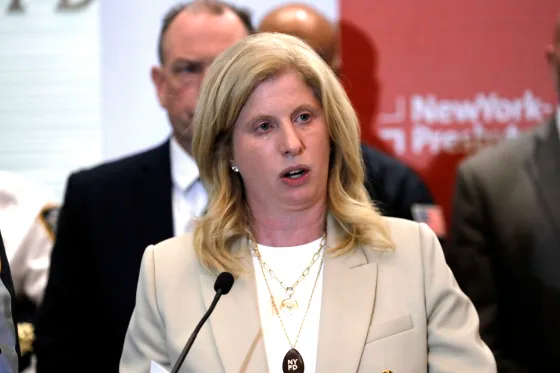





Be the first to leave a comment